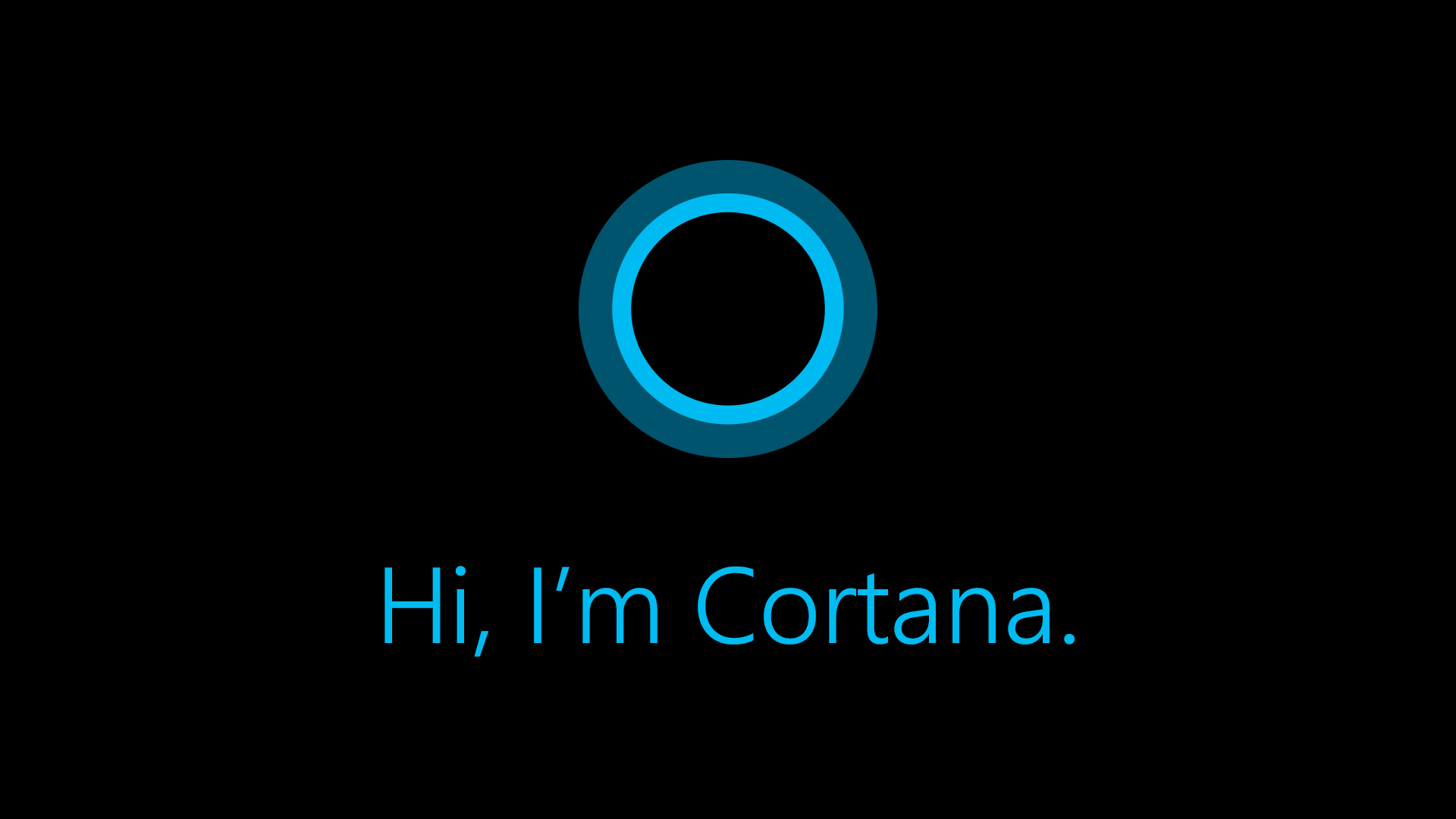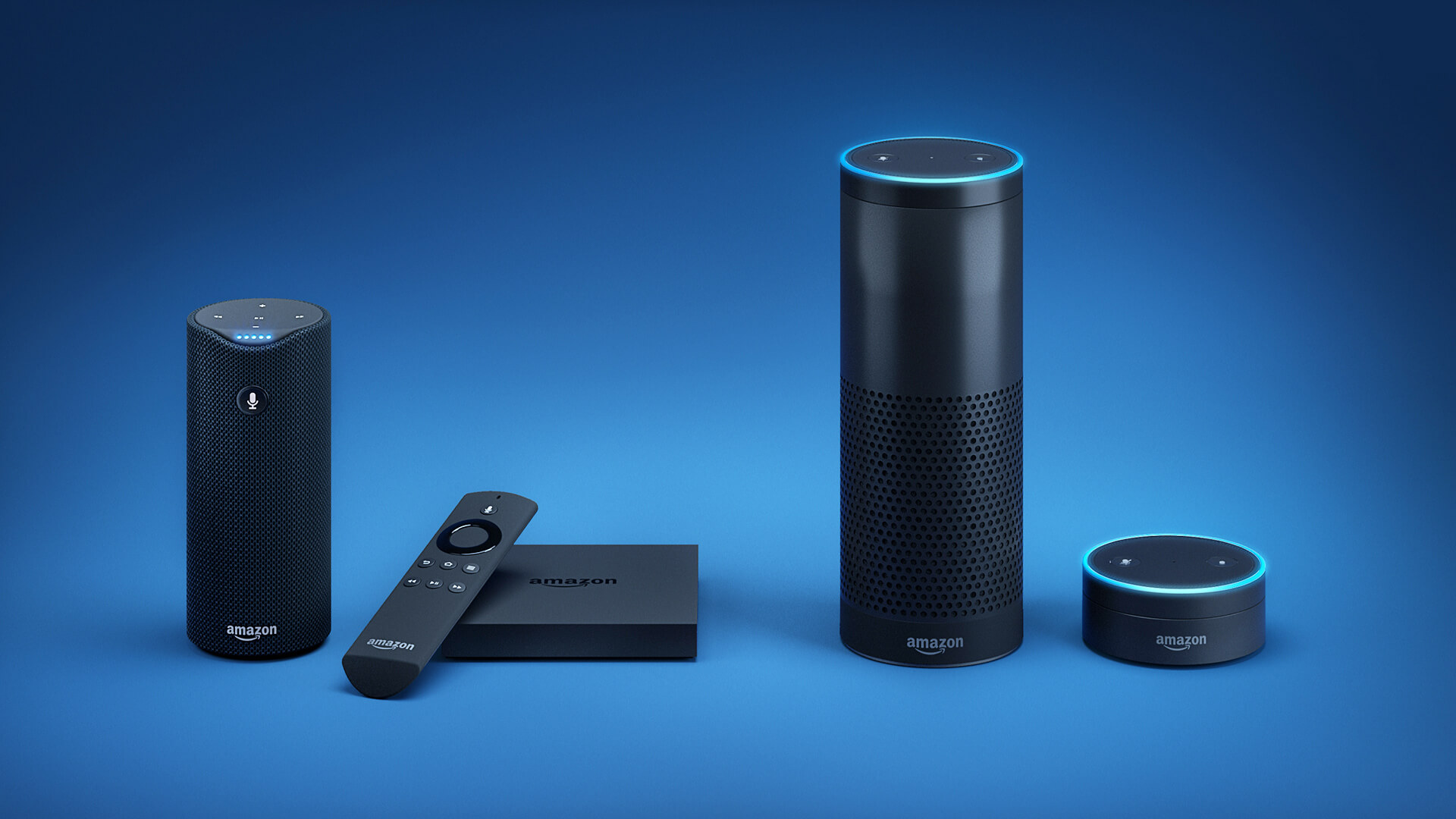In the age of intelligent agents, how does marketing work?
If consumers are surrounded by smart go-betweens, it’s not yet clear how marketing and advertising will get through.

Amazon Alexa, Apple’s Siri, Google Assistant, Microsoft’s Cortana.
These intelligent agents, and their more limited bot cousins, have taken up positions as new interfaces between customers and marketers.
For decades before they emerged, marketing and advertising had been based on getting the product pitch in front of the potential customer.
But how does this pitching work when there is an intelligent agent of some kind standing between the seller and the buyer?
Research firm IDC predicts that, within three years, an astounding 40 percent of ecommerce transactions will be enabled by cognitive agent/artificial intelligent shoppers. One recent sign: the Alexa-containing Amazon Echo Dot was the best selling item in the Amazon superstore this past holiday season.
All of which means that digital marketing and advertising may be in for what might be called a tectonic adjustment.
That is, an earthquake.
First, the secretary
If you search today to “buy red sneakers” on Google, for instance, you’ll get organic results and paid ads. The marketers of red sneakers have strategies and years of practice in getting their products in front of you, organically or through paid placement.
But suppose you told an intelligent agent that you’d like to buy red sneakers. What then? How do sneaker makers get your attention?
One way, of course, is paid placement. Amazon, for instance, has and will have preferred vendors in various categories, so its Alexa can direct you to them when you want to buy sneakers.
While that’s a powerful revenue stream for Amazon, it might not be that beneficial to consumers. Amazon’s preferred vendor might make lousy sneakers.
Besides, the agent is supposed to be your intelligent assistant, knowing as much about you as possible.
In that “intelligent assistant” scenario, the marketer first needs to convince your agent, who is acting as your wise broker.
It’s like the strategy often used by people who want to reach the CEO of a major company, IDC Research Director for Cognitive Systems David Schubmehl told me. First, get to know the CEO’s secretary, who is usually the gatekeeper.
But the way to deal with this intelligent agent/gatekeeper depends in part on whether the user is interacting via voice or a screen, such as via a messaging app or a desktop.
Marketing via questions
Oren Jacob, CEO at bot authoring tool PullString, likened voice interaction to talking to a salesperson on the phone. The salesperson will ask questions about what kind of sneakers you want, as they drill down to the best options.
When targeting voice interaction, he said, marketers will therefore need to include a strategy designed around rounds of questioning that lead to the product.
For screen-based interactions, results for “red sneakers” might show a carousel of visual choices — but, again, those choices will likely follow a back-and-forth dialogue with the agent.
To handle this dialogue, many brands may choose to create their own bots, which are designed to handle brand-specific knowledge so they can interact directly with users, as well as with what might be called the “concierge agents” — Siri, Cortana, Alexa and so on. The concierge agents are already beginning to colonize all kinds of devices, and they will be the most common intelligent agents that most users encounter.
The concierge agent might query, consider and select brand-specific bots based on what the user has requested, as a kind of personal shopper: “Alexa, find red sneakers with high tops that are good for playing basketball.” Plus, the concierge agent might know that the user is 45 years old and may be equally interested in comfort.

Amazon devices with the Alexa agent
In addition to brand bots, the concierge agent may also sift through websites and product inventory data featuring sneakers. This means that sites and attributes would best be tuned for this kind of crawling, analysis and use.
The marketer will want to make sure the sneaker’s attributes — presented through a bot, site or data fields — pitch the characteristics the brand emphasizes, such as basketball-worthy soles.
In other words, Jacobs pointed out, the bot and the site need to emphasize something that has been in the marketer’s toolbox from the days of “Mad Men” ad agencies and before: brand personality.
To fulfill the user’s request, Alexa or the others may well reach first for the website or bot that characterizes its product as “the best classic high-top for basketball.”
This both changes, and keeps, the classic features of marketing and advertising.
The end of ads/the dawn of ads
Which is why Schubmehl told me that “we may be seeing the golden age of advertising coming to an end,” referring to classic ads that interrupt (as in TV), that are targeted (as in websites) or that come when summoned (as in search engines).
And why IDC Director of Research for Marketing and Sales Technology Gerry Murray qualified that, by suggesting that the “dawn of the cognitive [age] means the end of advertising as we’ve known it.”
Murray likens this new kind of advertising/marketing to a kind of “AI optimization,” as a successor or complement to search engine optimization. Essentially, instead of designing campaigns to reach large segments or to target personalized “campaigns of one,” the marketer might be directing brand strategy and campaigns that are, for this channel, targeted at agents and bots.
Such optimization might need to take into account use cases and agent/bot personas. The agent for an occasional basketball player, for instance, might have to accommodate a different use case than an agent for a user who plays every day — and different use cases may require different product emphases. Similarly, it’s entirely conceivable that some concierge agents might specialize in handling the needs of, say, the serious athlete, so that they themselves have a different kind of “persona” than generalized agents.
Just as this might reinvent ads and marketing, so intelligent agents/bots might reinvent loyalty programs, Murray suggested. Your agent might know that, since you bought shoes from such-and-such brand before, then try that brand first. That’s what a smart human assistant would do.
In many ecosystems, the smarter creatures are the ones that take over. Similarly, we have now entered an era when cognitive entities, acting on our behalf, may dramatically evolve the marketing ecosystem.
“Cognitive [agents] are an invasive species,” Murray warns, “with nothing [out there] but prey.”
It’s as if “there are boa constrictors all over the swamp,” he added.
Contributing authors are invited to create content for MarTech and are chosen for their expertise and contribution to the martech community. Our contributors work under the oversight of the editorial staff and contributions are checked for quality and relevance to our readers. MarTech is owned by Semrush. Contributor was not asked to make any direct or indirect mentions of Semrush. The opinions they express are their own.
Related stories